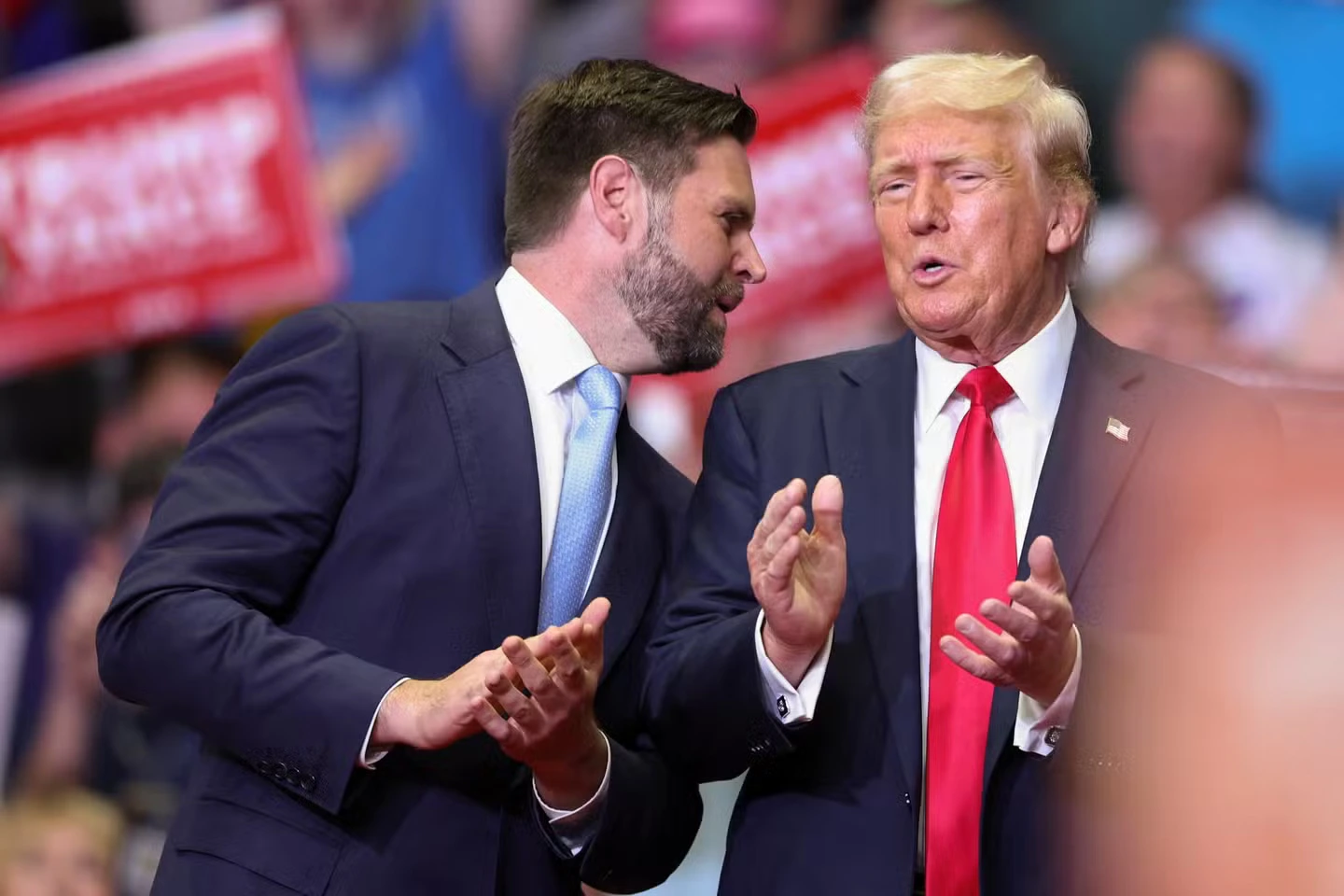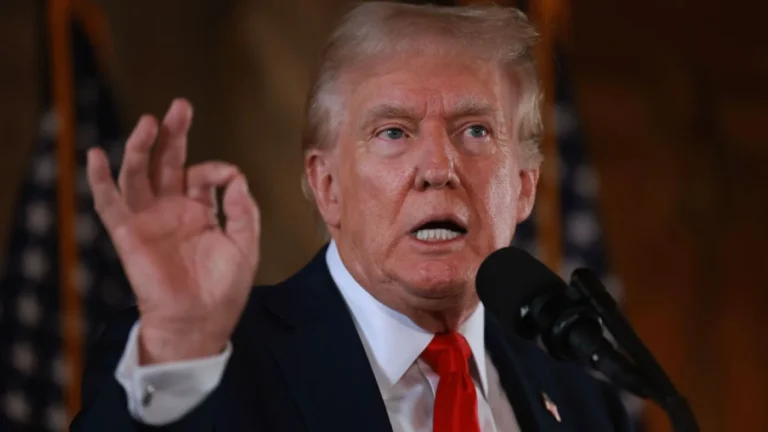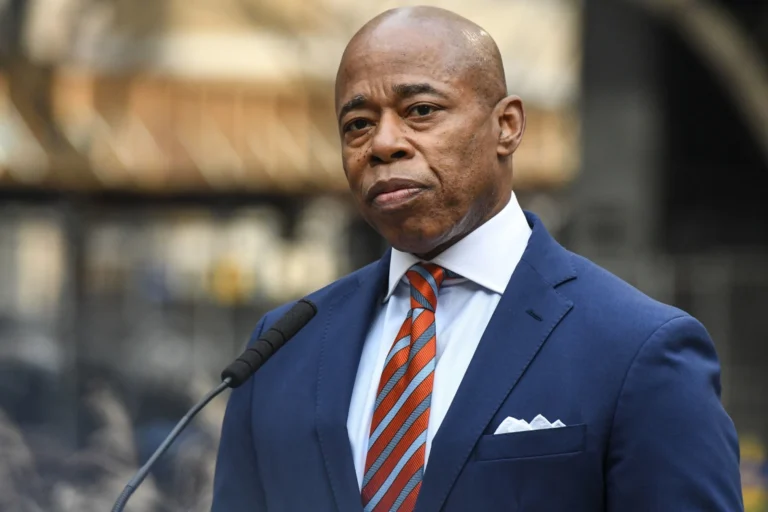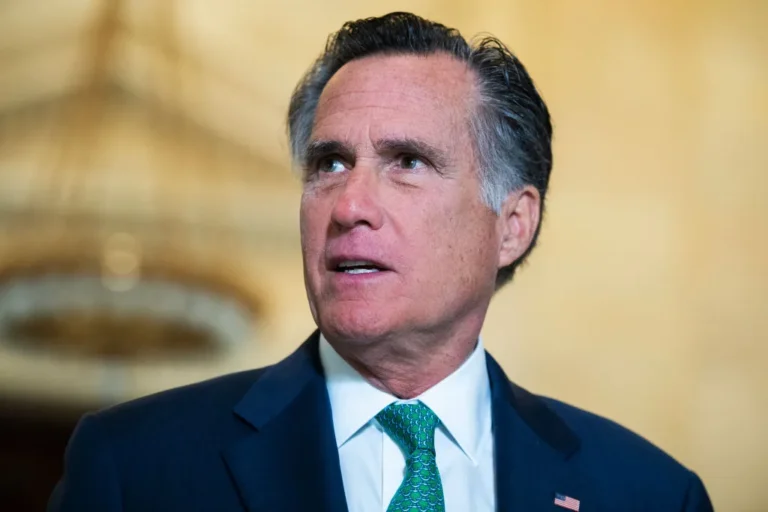Investigating Cyber Threats: A New Front in National Security
In a concerning development, the Department of Justice and the FBI have opted to remain silent regarding whether candidates were specifically targeted in recent cyberattacks. A joint statement released by the FBI and the Cybersecurity and Infrastructure Security Agency (CISA) highlighted the government’s ongoing investigation into unauthorized access to commercial telecommunications infrastructure by actors believed to be affiliated with the People’s Republic of China. This revelation underscores the escalating risks posed by foreign cyber threats, particularly in relation to the integrity of critical infrastructure and the electoral process.
The FBI and CISA’s statement emphasized their proactive response to what they termed “malicious activity.” Upon identifying this intrusion, the agencies promptly notified affected companies, provided technical assistance, and disseminated information to help potential victims. This collaborative approach indicates a concerted effort among various government agencies to mitigate the threat and enhance cybersecurity across the commercial communications sector. The ongoing investigation reflects the seriousness of the situation and the government’s commitment to addressing these vulnerabilities.
Political ramifications have also emerged from the hacking incident, with the Trump campaign attributing blame to Democrats. The campaign has suggested, without providing concrete evidence, that the hack was an orchestrated attempt to thwart President Trump’s return to the White House. However, law enforcement officials are approaching the matter as an act of espionage rather than a strategy aimed at influencing the election. This distinction is crucial, as it highlights the complex interplay between national security and electoral integrity in the face of foreign interference.
Reports surfaced earlier this month indicating that several US telecommunications companies, including Verizon, had fallen victim to the hack. Sources suggest that the attackers may have specifically targeted data related to Trump and Vance, with implications for the broader security of communication infrastructures. In response to the breach, Verizon’s spokesperson Rich Young acknowledged the targeting of US telecommunications providers by a sophisticated nation-state actor. He affirmed the company’s cooperation with law enforcement to address the issues stemming from the attack and ensure robust security measures are implemented.
This incident is not the first time the Trump campaign has faced cyber threats. Earlier in the year, three Iranian nationals, allegedly connected to the Islamic Revolutionary Guard Corps, were charged with conspiring to undermine a presidential campaign. Such occurrences illustrate the persistent threat of foreign interference, prompting US government agencies and officials to remain vigilant.
National Security Adviser Jake Sullivan has previously articulated the ongoing concern regarding foreign adversaries’ attempts to influence American elections. He acknowledged that these adversaries view US elections as opportunities to undermine public confidence in democracy and sway outcomes. Sullivan’s statements reflect a broader awareness within the US government of the strategic importance of protecting electoral integrity from foreign manipulation.
The issue of cybersecurity has also garnered attention in Congress. FBI Director Christopher Wray warned earlier this year about the looming threats posed by Chinese hackers, characterizing their potential to “wreak havoc and cause real-world harm” as a serious concern. The growing recognition of the need for enhanced cybersecurity measures reflects the gravity of these threats and the imperative for the US to strengthen its defenses against foreign interference.
As investigations into these cyberattacks continue, the implications for national security and the integrity of the electoral process are significant. The collaborative efforts among government agencies and private sector partners are critical in developing a unified response to counteract the threats posed by state-sponsored cyber activities. Enhancing cybersecurity infrastructure and fostering resilience against such attacks will be essential for safeguarding the democratic process and maintaining public trust in electoral outcomes.
In summary, the targeting of US telecommunications infrastructure by foreign actors underscores the urgent need for robust cybersecurity measures. The implications of these attacks extend beyond individual campaigns, posing a threat to national security and the democratic process. As the government and industry work together to address these challenges, the focus must remain on protecting the integrity of the electoral system and ensuring that foreign interference is effectively mitigated. The ongoing investigations and collaborative efforts signal a commitment to fortifying the nation against the evolving landscape of cyber threats.






